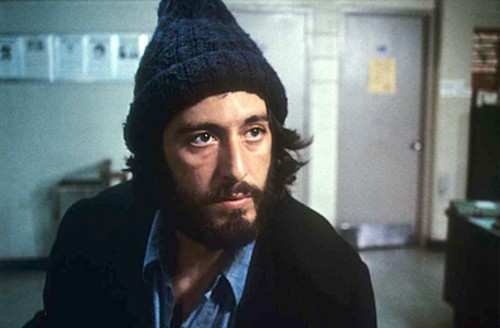What gets to me is how reviewers who do act critically when critiquing catch hell for it. Eurogamer and U3, Gerstmann for K&L, etc. It's almost better to not "rock the boat" if you catch my drift for everyone involved...
Also, much of the user reviews of large games are internet backdraft 0 Star bullshit reviews. Titles with far smaller userbases won't catch that kind of heat.
I also say that I wish reviewers were more ARTICULATE in their reveiews reguardless of quality or influence, that way, you can more easily see the horseshit or honesty and react accordingly.
Ignoring the high-pressure environment these reviewers work in, to deliver constructive criticism, one needs to understand game design properly (See: Old Man Murray). Very few, if any, in the press seem to have that insight.
It's not a selling point, sadly. Especially if it gets really technical or requires the reader to have had played a genre leader in gameplay or at least have read up on said game. Not happening.
That one Mass Edfext review comes o mind, where the dude didn't know you could assign skill points.
And that was Mass Effect, basically an action game with lots of dialogue that you can put down in ten hours your first go. Can you imagine the same guy trying to drool and nap his way through an Infinity Engine game with all those D&D 2.0 rules?
Putting the wrong reviewer on a genre they dont understand or worse hate (FIGHT AND HEAL NEVER FORGET) is something that still refuses to end.
GTA IV had divergence within the first day. The what is wrong with GTA IV thread was very large day 1. Generally though you are right and there is a long enough buffer zone where the public opinion of the game gradually falls and by the time it settles the review does not matter.
As an aside bioware must be putting on a show because after a few games in a row they should know that "the internet" is getting angrier with each release.
Bioware puts on a show as it creates an echo chamber where they come off as the "leader" of RPG development, spin criticism of design objectives via talking about the aspect that's being changed rather than the change itself, and shifting blame to fans/critics/etc rather than themselves (at least until that dont work any more).
PR is definately their most powerful tool this generation; as I said in the "What can SE do to save FF" thread, Bioware does this and avoids a ton of hell, whereas SE just goes "HD towns are tough" and is therefore at the mercy of unconditioned media and gamers. In fact most foreign, non-native English-speaking publishers seem have this problem unless they specifically worked on it.
That's about right. New Vegas wasn't significantly more buggy than either Fallout 3 or Skyrim, despite being much more complex and prone to scripting bugs to begin with. But Bethesda is a critic/fan darling, and Obsidian is still largely looked at as a pale imitation of a "real" AAA RPG studio.
Bethesda's wierd like that; I guess they just got lucky.
Going to the ME3 example, perhaps the case is that critics have been trained, in a sense, to simply not have the same knee-jerk reactions to specific aspects of games and look more at the big picture. That is, I would hope, a "professional" reviewer's responsibility.
Now, I haven't reached the ending yet -- I'm about to -- so I'm kind of halfway talking out of my ass. But at the same time, I acknowledge that the game I have spent 50 hours playing has been a good one. It's not mindblowing, and personally I would even now rate it below its current Metascore, but unquestionably it was a very good game... with some flaws.
I'd like to believe that even after completion, I will still be able to recognize that I enjoyed these 50 hours quite thoroughly, and there's not a shitty ending in the world that can take that away from me.
This is obviously just one example out of many, but that's my sentiment here.
Pffffffffft. Nope. They just have a completely different set of knee-jerk responces.
Games that only function once the player starts to learn how to play? Janky!
Games with a strong anime aesthetic? Unrealisitc!
Games deep on the abstract side of the sliding scale of combat? Archaic!
Bad ending? Dont mention anything cuz you probably didn't finish it!

